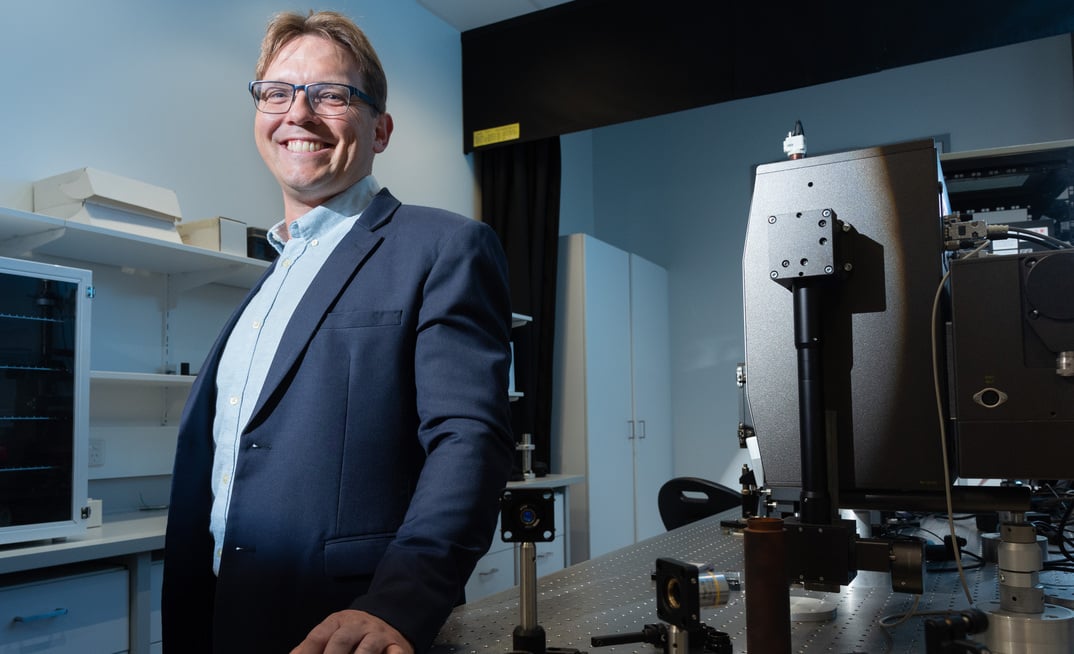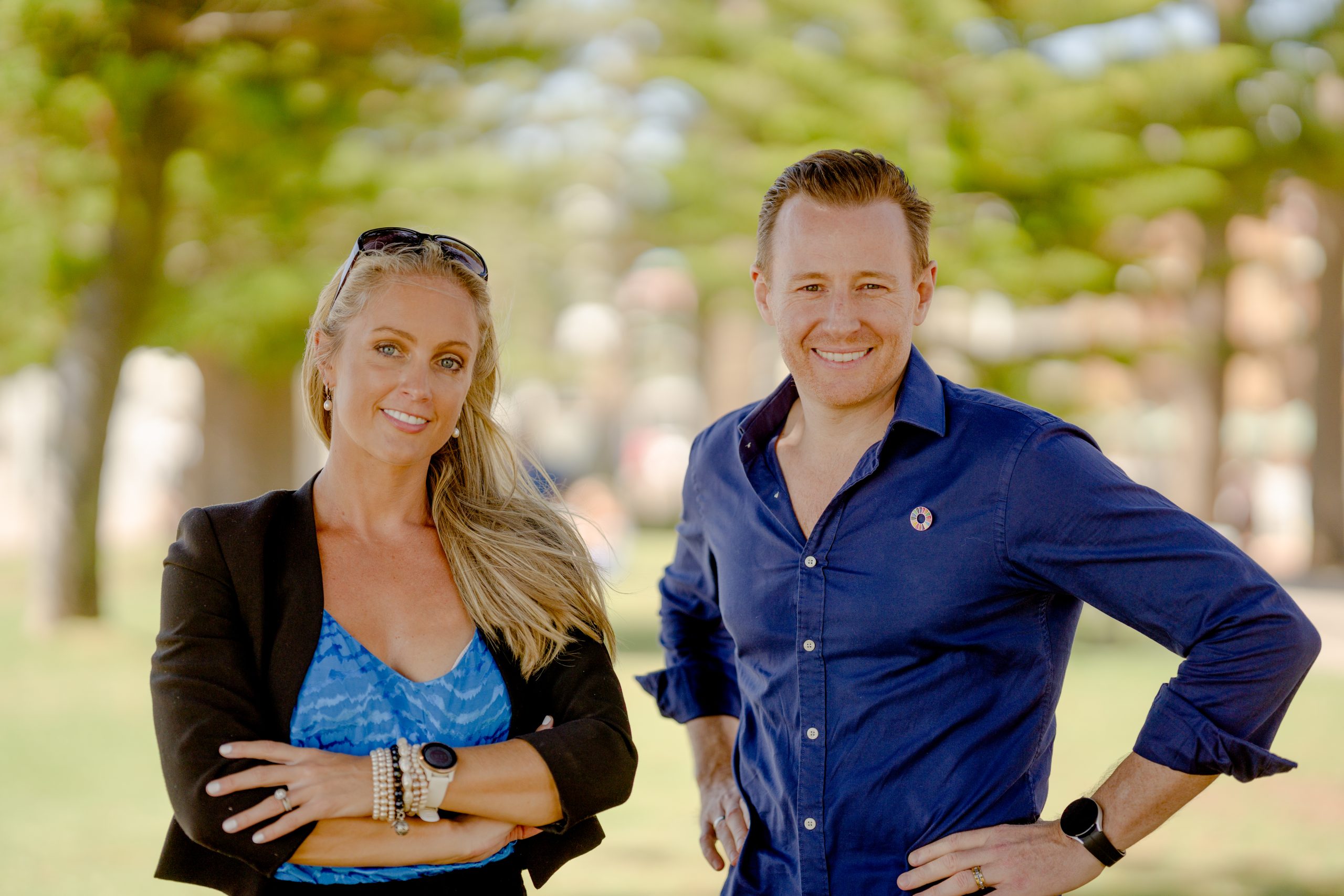This monthly column by Jeremy Liddle, Executive Director of Third Hemisphere, was originally published in The Australian and Stockhead. You can also read it in The Daily Telegraph, MSN, Herald Sun, Townsville Bulletin, The Courier Mail, The Advertiser, Cairns Post, The Chronicle, The Mercury, NT News, Geelong Advertiser, and Gold Coast Bulletin.

Expectations for Australia’s Budget: Tech and Finance CEOs Speak Out
With the first ‘full’ budget since Labor came into power just one sleep away, much of its focus is likely to be on balancing rising inflation and the cost of living.
And the stakes have never been higher.
This economic need collides with an urgency to decarbonise our entire economic system, if we wish to future-proof our nation while still running at full speed.
So we are pleased to hear of an intention to kickstart investment in technology and manufacturing through the National Reconstruction Fund, National EV Strategy, National Battery Strategy, National Quantum Strategy and National Robotics Strategy, among others.
But there’s still so much more to do.
From thinking long term and investing in future-critical industries, to addressing the here and now by providing relief for borrowers and small businesses, here’s what Australia’s leading tech and finance CEOs want from this year’s budget.
The science of consistency
Australia was the birthplace of some of the most innovative technological advancements in history; think WiFi, high-efficiency solar panels, cochlear implants, Google Maps, the electronic pacemaker, and the ultrasound scanner, to name a few.
But to consistently build on this homegrown innovation, Sally-Ann Williams, CEO of Australia’s flagship deep tech incubator Cicada Innovations wants to see consistency, big-picture vision, and long term policy.
“For Australia to continue innovating, we need long-term, visionary thinking: projects, infrastructure, and programs that span beyond the lifetime of a single government. We need patient investment and consistent policy, knowing that while some innovations take longer than others, the payoff is often astronomical,” she said.
WiFi, for instance, came out of CSIRO’s research in radio astronomy starting in the 1980s. But it wasn’t until the 2000s that WiFi became a viable, commercial technology.
Now we have companies like ex-Cicada Innovations incubatee, Morse Micro, developing WiFi that can travel 3 kilometres and connect to literally hundreds of devices at a time.
You only have to imagine a world without WiFi to understand the importance of patient investment and consistent policy that fosters the right environment for innovation.
Diversifying the energy grid
Seventy one percent of Australia’s electricity is currently fuelled by fossil fuels, with renewables only contributing to 29 percent of total electricity generation.
So we are a long way from decarbonising the grid.
And according to Warren Mckenzie, founder and MD of Australia’s first laser fusion energy company HB11 Energy, completely decarbonising will require more than just investing in existing technologies like wind and solar.
“What we need is investment in future technologies that will form the basis of our energy mix for the next hundred years, not just the next decade,” he said. “Australia has the know-how and the capability, but we lack support and funding.
“So what I’d really like to see is long-term commitment towards advancing both critical research in future energy technologies and kickstarting Australian manufacturing, with a priority on Australian-born technologies and intellectual property.”
For instance, laser fusion (not to be confused with radioactive waste-producing deuterium-tritium fission) has the potential to create clean, safe, reliable, cheap and limitless energy. But it’s a future technology that requires significant research, investment, and regulatory maturity to become a reality.
Support for borrowers
This week’s shock RBA increase of the cash rate – now at a decade high of 3.85 percent – took many lenders and borrowers by surprise.
With wages stagnating and inflation at 7 percent, rapidly increasing mortgage repayments are devastating many hip pockets.
Clayton Howes, CEO and Managing Director of digital non-bank lender MONEYME (ASX:MME), has called for changes to alleviate the pressure society is facing from rising interest rates.
“The rapid succession of rate hikes is putting immense pressure on individuals and businesses, leaving little time to adjust to the sudden and significant increases in costs,” he said.
“These rate hikes are fuelling inflation as lenders and businesses look to pass on costs where they can, further worsening the financial strain on Australians. The housing market is also feeling the effects, with supply and demand imbalances exacerbated, and construction directly threatened by steep interest rate hikes and related wage pressures,” said Howes.
“The cash rate is supposed to protect Australians from cost of living pressures. We need to soften the shocks causing the vicious cycle of cost-driven pricing increases, including rent, which is a significant contributor to inflation, and allow housing supply to stabilise.”
Clayton highlights an important point – one that was also called out in Treasury’s recent RBA review – that fiscal and monetary policy need to work together for a stable economy. We should not rely too heavily on the cash rate to curb inflation.
Supporting early-stage startups and job creators
The Australian tech sector is valued at over $167 billion, providing more than 860,000 direct and indirect jobs. It contributes to around 8.5 percent of the country’s GDP, and has a global startup ecosystem ranking of 8.
While these stats sound great on paper, the truth is that many startups still struggle at pre-seed and seed stages of funding, with many businesses failing in their first year as a result. Combine this with high interest rates, creeping inflation, and tight capital markets, and many startups are in a world of pain.
Martin Karafilis, CEO of Australia’s original startup community, Fishburners, applauds the government’s announcement of a $20,000 incentive for small businesses to invest in energy-efficient equipment.
But he adds that more support for early-stage startups would go a long way.
“Many businesses are already under incredible pressure. But early-stage startups are particularly vulnerable to macroeconomic pressures. So what I’d like to see is more support for these kinds of businesses and their investors in the form of tax deductions, long-term commitment to R&D tax incentives, and early-stage business grants,” he said.
“Because in challenging economic times, it’s more important than ever to ensure our job creators thrive.”
It is clear this year’s budget – and hopefully many budgets to come – needs to include long-term and consistent support for our inventors, entrepreneurs, investors, and consumers.










